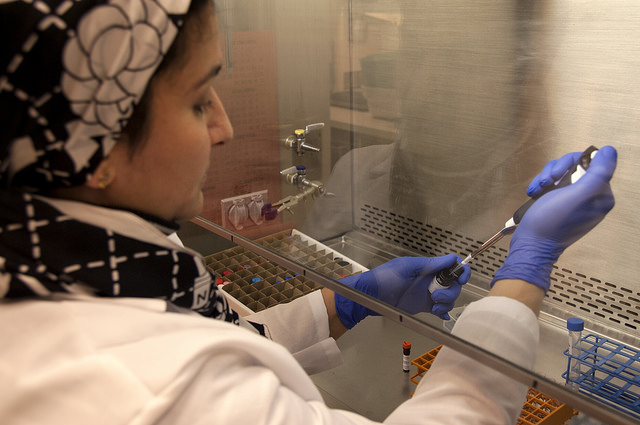ASGCT Signals Support for Pair of Medical Funding Bills
ASGCT Staff - February 26, 2018
By joining more than two-dozen other organizations in support of the National Biomedical Research Act and writing to the sponsor of the Protecting Access to Cellular Therapies Act, Congressman Erik Paulson, ASGCT stands firm in support of adequate funding for biomedical research and increased access for patients once that research reaches clinics.

By joining more than two-dozen other organizations in support of the National Biomedical Research Act and writing to the sponsor of the Protecting Access to Cellular Therapies Act, Congressman Erik Paulson, ASGCT stands firm in support of adequate funding for biomedical research and increased access for patients once that research reaches clinics.
Alongside 29 other organizations, including the American Heart Association and the American Society of Clinical Oncology, ASGCT signed onto a letter in support of the National Biomedical Research Act of 2017. This bill would provide a new funding stream of $5 billion annually for ten years to a Biomedical Research Fund to be distributed to the NIH and FDA, supplementing existing appropriations. The funding would be targeted to select research categories, including “disruptive innovation”—breakthrough research on diseases with unmet medical needs or for which current treatments are inadequate.
Other focus areas relevant to ASGCT’s priorities include basic research, research by early career scientists, regulatory science, and the development of new medical products. Senator Elizabeth Warren. introduced the legislation, along with 15 original co-sponsors, as a way to restore some of the NIH funding cuts that occurred for over a decade. The bill would bring the NIH budget back to approximately 2006 levels, adjusted for inflation.
Additionally, ASGCT sent a solo letter of support to Minnesota congressman Erik Paulsen regarding his Protecting Access to Cellular Therapies (PACT) Act. This legislation would ensure that hospitals providing hematopoietic cell transplantation (HCT) to Medicare beneficiaries receive adequate payments.
Typical cell acquisition costs for HCTs currently consume all or most of the Medicare reimbursement rate, which is insufficient to also cover hospital costs for the lengthy inpatient stay required for these transplants. The PACT Act would require Medicare to cover acquisition costs separately from the Medical Severity Diagnosis Related Group, as it does for solid organ transplants. Doing so would protect access for Medicare beneficiaries who are in need of a life-saving bone marrow or cord blood transplant for serious blood cancers and blood diseases, including leukemia, multiple myeloma, and sickle cell disease. Find more information at Be the Match.
ASGCT is proud to continue our work in Washington D.C. to better represent our members and advocate for those who may benefit from gene and cell therapies, both today and in the future.
Related Articles